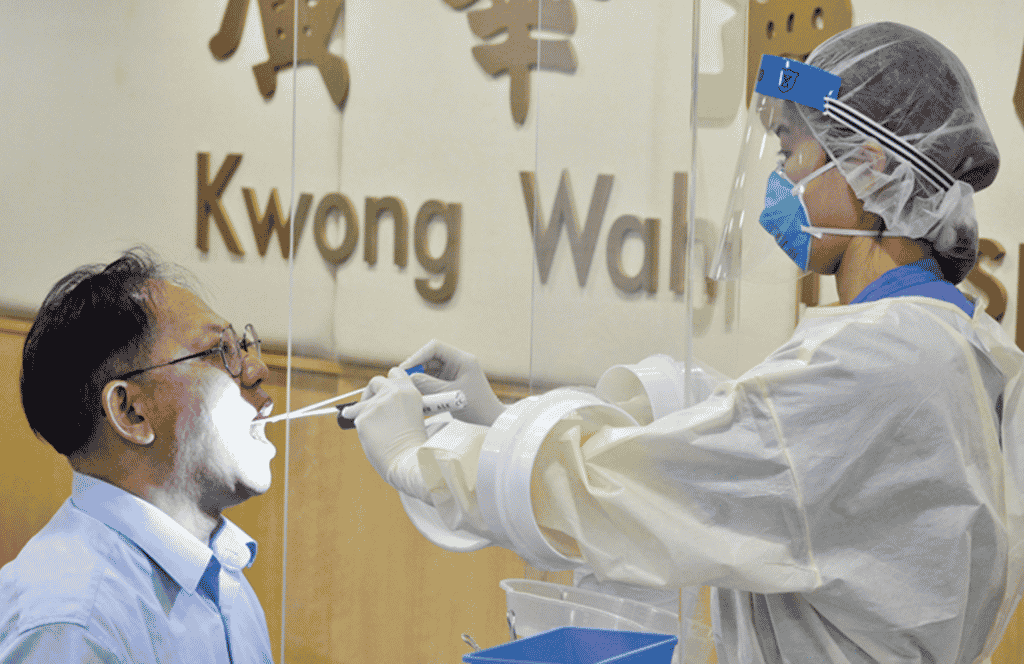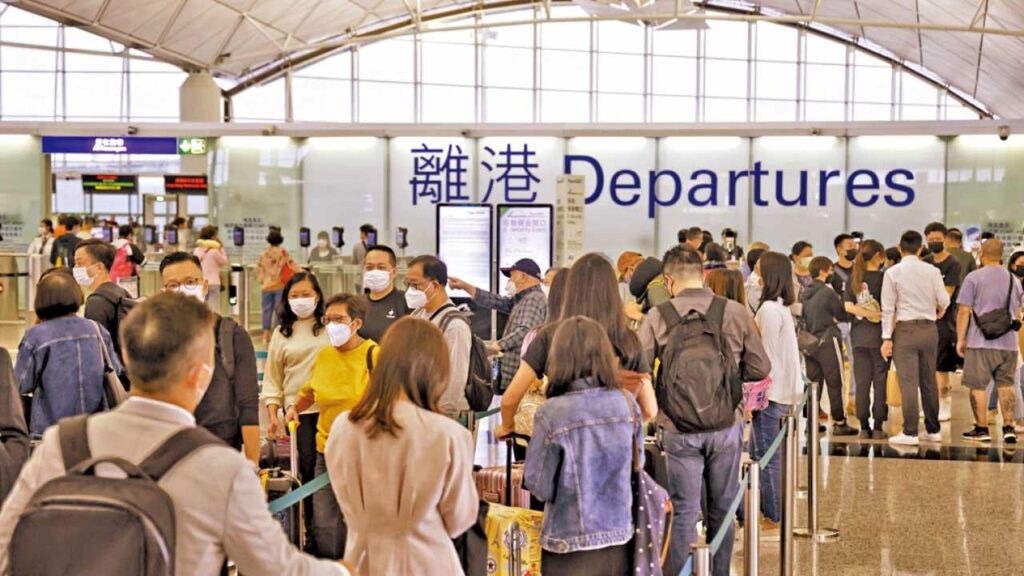The epidemic has upended the order of our lives and made us reflect on everything around us. The Hong Kong Arts Festival staged the drama "The Plague", adapted from the novel by Camus, the Nobel Prize winner for Literature, and it is a work that responds to the occasion. The original work depicts the life of the plague, including residents who sing and sing every night, fanatics who take advantage of the fire, priests who regard disasters as divine punishment, and heroes who organize folk medical teams. Death has become a daily routine, and lockdown means loneliness, exile and helplessness. By the time the epidemic port reopens, the surviving protagonist has lost his wife and friends. He has also experienced the reality and cruelty of human nature, and realizes that the plague in the human heart is more difficult to eradicate than the virus. Only courage can overcome despair. The port city described by Camus is somewhat similar to Hong Kong. After the epidemic subsides, will we feel the same loss?
Epidemic prevention work requires the participation of the whole city
The ancients believed in the unity of nature and man. Whenever Chinese kings encountered plagues, paid homage to heaven or committed crimes, or committed frivolous duties and underpaid taxes, they all diligently practiced moral governance to ward off changes in nature. The Liangshan hero in "Water Margin" was born during the Northern Song Dynasty when the plague was rampant. It is written that Emperor Renzong of the Song Dynasty sent Lieutenant Hong to Longhu Mountain to ask Zhang Tianshi to save the disaster. As a result, Lieutenant Hong forced his way into the Demon-Conquering Palace and mistakenly released one hundred people who were suppressed. The Eight Demon Lords caused a catastrophe. Tiangang Disha Tuoshi, wandering around the world causing trouble in the Song Dynasty, was later recruited by the court, and turned to conquer the rebels. In the end, he died, was injured, and scattered. Master Zhang worked day and night, and after all the plague had been eliminated, he rode back on a crane. However, when the demon descends to earth, although he is full of pride, the country is in turmoil and wars are everywhere, and it seems that natural disasters are not as good as man-made disasters.
Today, the plague is like isolation and social unrest, affecting everyone without distinction between regions and classes. If the Black Death was still a pandemic, a scene like the one in "The Decameron" might not have happened: ten noble men and women fled to a suburban villa away from the epidemic-infected Florence, and each took turns telling stories to pass the time every day. time. No one has a privilege when it comes to illness. British Crown Prince Charles, Prime Minister Johnson, US President Trump and his wife, among others, have been infected with COVID-19. The suspension of cross-border transportation has not only left refugees stranded in Hong Kong, but also caused huge budget losses for employers of foreign domestic helpers. Hong Kong has adopted sudden closures and conducted intensive and large-scale inspections, including subdivided houses in the Yau Ma Tei fruit market area and luxury homes in the Mid-levels. Recently, some people have challenged the compulsory testing order through legal channels, which further proves that the city's wealthy are also bound by it and need to go to court.
As COVID-19 is raging, we may not have insight into divine punishment, but we can more or less understand human nature. The social contract between the government and citizens is decaying, and infectious diseases are spreading in Hong Kong. The culture of political leadership has made epidemic prevention work less effective, and voluntary testing, scan-code registration, and the Sinovac vaccine have been stigmatized. The Forbitac vaccine currently supplied to Hong Kong can only be stored until August, which has indeed made some reluctant people determined to get vaccinated as soon as possible, especially those with an elderly family member and young people who are eager to travel. The "table limit order" was relaxed today. Friends who are on the fence about getting injections can't help but ask where there is a restaurant with a table for six people. Half-heartedly, they try to travel with peace of mind. The epidemic prevention work has finally improved slightly, but it is our city's sorrow to keep talking about the causes all day long, as if counting is more important than health.
Ray Poon
Co-Convenor (Research), Path of Democracy



